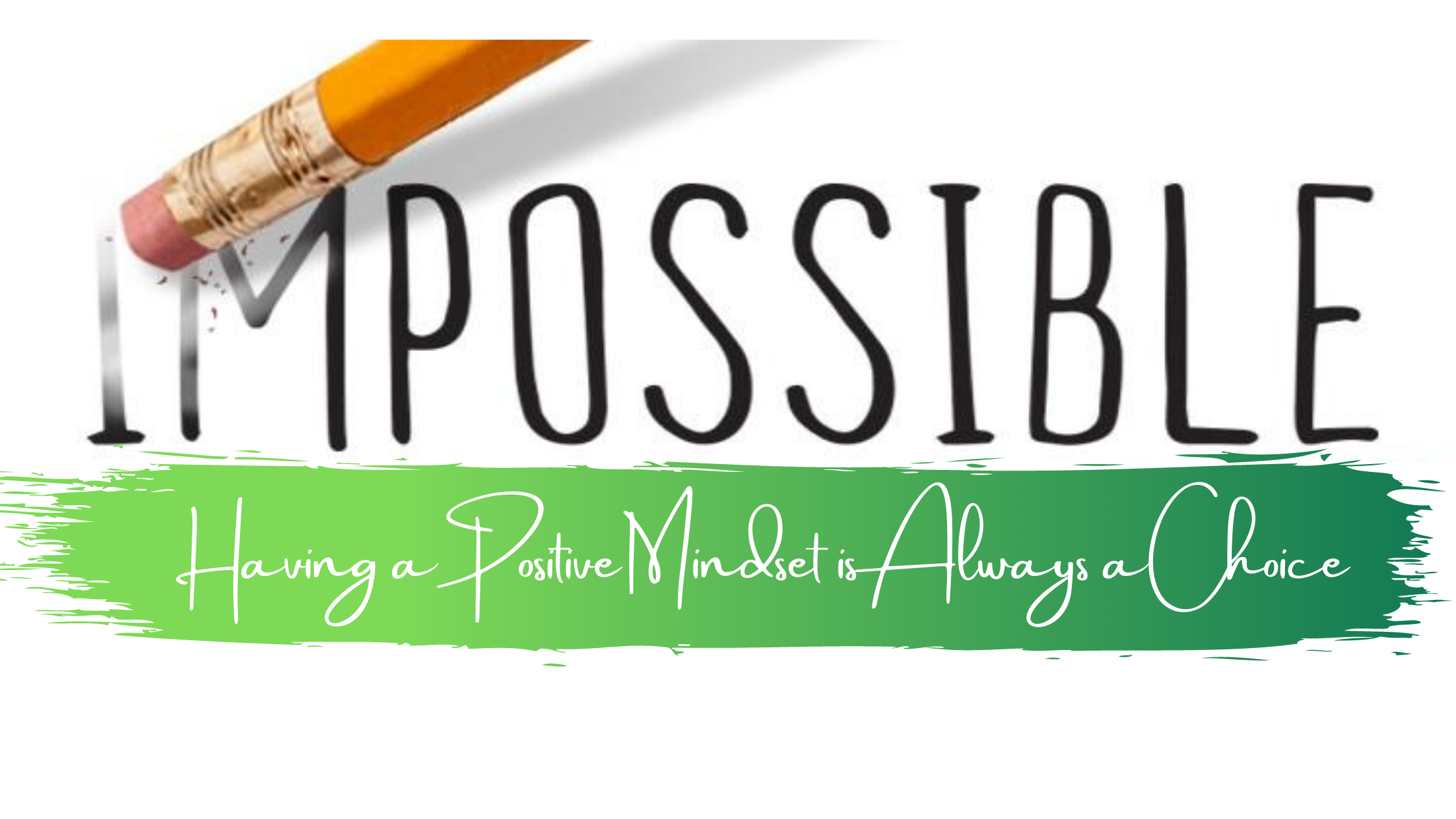Did you know that younger Singaporeans aged 45 years and below are more anxious and less mentally resilient than their older counterparts? The data was collected by The National University Health System’s (NUHS) Mind Science Centre for the Workplace and Mental Resilience surveys. Interestingly, the report also indicates that those working from home can be more stressed than those working on the front lines of the Covid-19 pandemic.
The current COVID-19 pandemic has heightened uncertainty over the economy, employment, finances, relationships, and of course, physical and mental health. Associate Professor John Wong Chee Meng, director of the NUHS Mind Science Centre and the lead clinician in the two surveys, said the social isolation during circuit breaker contributed to increased anxiety among some Singaporeans.
In addition, uncertainty about how long the pandemic will last and how the economic fallout will play out also made them more anxious. If you feel overwhelmed by uncertainty and worry, all the more you should take an initiative to build emotional resilience, that precious mental muscle that can give you the psychological strength to cope with stress and hardship.
In this article, we will share with you the 3 strategies that can rapidly improve your emotional resilience and build that mental muscle in this tough season.
1. Practice Self-Compassion

When things get tough, we tend to wonder why this is happening to us. We start to find fault within ourselves, thinking what exactly wrong with us. Fears and adversity make the situation worse when we feel alone and helpless.
Your business may be badly affected by the pandemic. Your rice bowl may be at stake as your company can hardly survive. Or you may be worrying about your kids or elderly wellbeing and safety due to Covid-19 virus.
How you think can play a significant part in how you feel – and how emotionally resilient you are when faced with obstacles. In these situations, learning to practice self-compassion -and recognizing that everyone suffers – can be a much gentler and more effective road to healing.
Self-compassion involves offering compassion to ourselves: confronting our own suffering with an attitude of warmth and kindness, without judgment. In one study, participants in an eight-week Mindfulness program reported more mindfulness and life satisfaction, with lower depression, anxiety, and stress afterward compared to people who didn’t participate—and the benefits lasted up to a year.
3 Steps to Self-Compassion Practice
One of the practices is something you can do at any time when you start to feel overwhelmed by pain or stress. It has three steps, which correspond to the three aspects of self-compassion:
- Be mindful: Without judgment or analysis, notice what you’re feeling. Say, “This is a moment of suffering” or “This hurts” or “This is stress.”
- Remember that you’re not alone: Everyone experiences these deep and painful human emotions, although the causes might be different. Say to yourself, “Suffering is a part of life” or “We all feel this way” or “We all struggle in our lives.”
- Be kind to yourself: Put your hands on your heart and say something like “May I give myself compassion” or “May I accept myself as I am” or “May I be patient.”
Related: Importance of Mindfulness Practice in our Post-Pandemic Workplace
If being kind to yourself is a challenge, an exercise called “How Would You Treat a Friend?” could help. Imagine that your friend is the one who experiencing the stress or pain, you would probably show compassion towards your friend who is struggling and help him/her to get out of that stressful/ painful experience. Treat yourself like how you would treat your friend. You will then realize that you could have been too harsh on yourself and gain valuable reflections through this exercise.
2. Embrace Healthy Thoughts

Staying optimistic during dark periods can be difficult, but maintaining a hopeful outlook is an important part of emotional resilience. Listen for negative comments in your head. When you hear them, practice immediately replacing them with positive ones, such as, “I can do this,” “I’m a great friend/mother/partner,” or “I’m good at my job.”
When you are dealing with difficulties, it’s important to remain hopeful and positive about a brighter future. Positive thinking does not mean ignoring the problem in order to focus on positive outcomes. It means understanding that setbacks are temporary and that you have the skills and abilities to combat the challenges you face.
Change your “state” and give your brains a break from repetitive negative thinking (like a record stuck in a groove playing the same thing over and over again). It’s very empowering to know that your thoughts are within your control. You may not be able to change a highly stressful event, but you can change how you interpret and respond to it. Try visualizing what you want, rather than worrying about what you fear. An optimistic outlook empowers you to expect that good thing will happen to you.
Accept that change is a part of life. Certain goals or ideals may no longer be attainable as a result of environmental, behavioural, or social changes caused by the pandemic. Accepting the circumstances as it is can help you to focus on things that you can change to make the situation better.
3. Seek Help When Needed (Don’t Wait till It’s Too Late)

Getting help when you need it is crucial in building your emotional resilience.
For many people, using their own resources and the kinds of strategies listed above may be enough for building their resilience. But at times, an individual might get stuck or have difficulty making progress on the road to resilience.
It is important to remember that you’re not alone on the journey. While you may not be able to control all of your circumstances, you can grow by focusing on the aspects of life’s challenges you can manage with the support of loved ones and trusted professionals.
You can share your challenges and the negative emotions that you have with your loved ones and try to work out on the strategies that can help you to feel better and walk out from stressful situations. You can also attend building emotional resilience training facilitated by a qualified trainer who will guide you on how to walk out from the dark period on your own by assessing your resilience profile and using the power of Diaphragmatic Breathing and Gratitude.
A licensed mental health professional such as a psychologist can also assist people in developing an appropriate strategy for moving forward. It is important to get professional help if you feel like you are unable to function as well as you would like or perform basic activities of daily living as a result of a traumatic or other stressful life experience. Keep in mind that different people tend to be comfortable with different styles of interaction. To get the most out of your therapeutic relationship, you should feel at ease with a mental health professional or in a support group. Call the helplines listed below if you feel that you need to seek professional help to get you through the difficult times.
Helplines
Samaritans of Singapore: 1800-221-4444
National Care Hotline: 1800-202-6868
Institute of Mental Health’s Mental Health Helpline: 6389-2222
Silver Ribbon Singapore: 6385-3714
Tinkle Friend: 1800-274-4788
Agency for Integrated Care Hotline: 1800-650-6060
SOS Care Text service available through Facebook Messenger on the SOS official Facebook page
Sources:
Five Science-Backed Strategies to Build Resilience
More working from home feel stressed than those on Covid-19 front line: Survey

